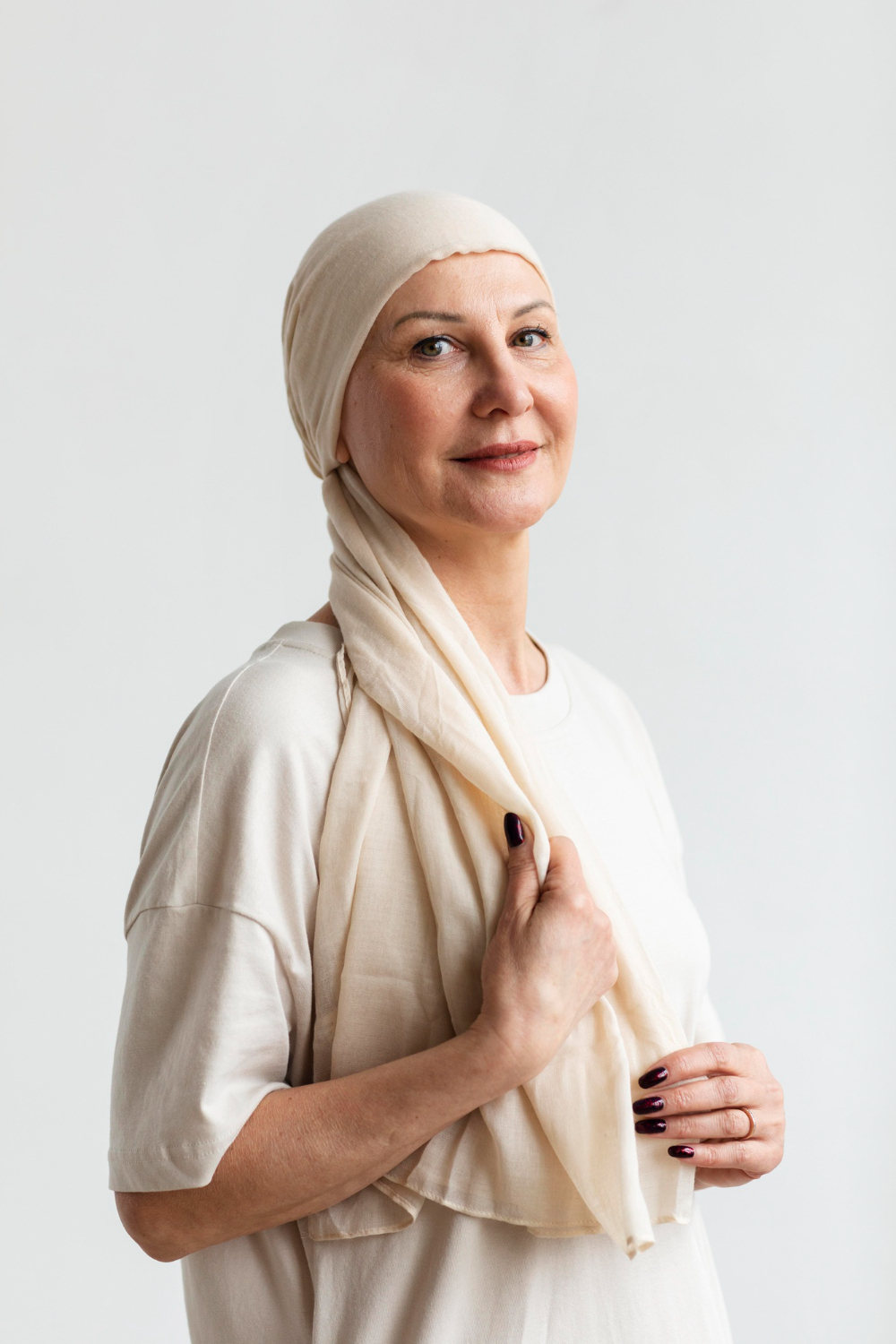 There are, as you would expect, many medical professionals who even go as far looking down on the more holistic treatment options available for the treatment of cancer.
There are, as you would expect, many medical professionals who even go as far looking down on the more holistic treatment options available for the treatment of cancer.
However, doctors, nurses, and cancer survivors alike usually agree that a combination of the drugs for cancer treatment and a holistic approach for the recovery after surgery and/or chemotherapy gives both the body and the mind the best possible chance of a speedy recovery.
What Actually Are Holistic Therapies?
Holistic therapies, otherwise referred to as alternative therapies, are entirely different from complimentary therapies, with the former acting as a replacement for the proven-to-be effective medical cancer treatment options.
However, you could choose to find out more about certain holistic therapies with the view to using one or more as a complementary treatment option alongside the plan set by your medical professionals, which could help to alleviate pain and other symptoms.
Leading cancer clinics, such as those led by the prolific and established moffitt.org, will focus on tackling and hopefully entirely eradicating the cancer through conventional medical means, but will offer help and advice on complimenting holistic options, too.
CBT
CBT (Cognitive Behavioral Therapy) is one of the newest and indeed, most publicized, form of psychotherapy and essentially centers around changing your behavior to positively impact your thoughts and general emotional state.
Naturally, a cancer diagnosis, the treatment plan, and the road to recovery is fraught with negative and often destructive emotions, so engaging in talking therapy can be a valuable tool in your arsenal.
Massage
The kneading of your tendons, skin, and muscles during a massage therapy session, especially the light, gentle, and relaxing kind, can also go a long way to soothe your mind and even alleviate some mild to moderate symptoms of pain from cancer.
In addition to minimizing your pain, massage treatment can also help to reduce your feelings of stress and anxiety (particularly pertinent in the case of a cancer battle) and it can also help with the associated feeling of tiredness and fatigue.
Hypnosis
Essentially, hypnosis can be summarized as inviting your mind to relax into a state of deep and peaceful contentment, and even though to someone who’s fighting cancer, such a dream-like state seems simply unobtainable, many people say hypnosis was an invaluable tool in their cancer battle.
Not only can hypnotherapy help to reduce pain, anxiety, and stress, but it can also serve to reduce feelings of nausea and vertigo associated with chemotherapy and radiation therapy, too.
Acupuncture
Finally, another tried-and-tested form of complimentary therapy which can help considerably alongside radiation therapy and other medical treatment options is acupuncture.
The practice of inserting tiny, focused needles into the skin at specific pressure points along the body has also been linked to reducing feelings of nausea, as well as stress reduction. In the case of acupuncture, however, it’s crucial to note that it isn’t universally suitable for everyone battling cancer, so if you have a low blood count, or are taking blood thinners, this isn’t a feasible option for you.







